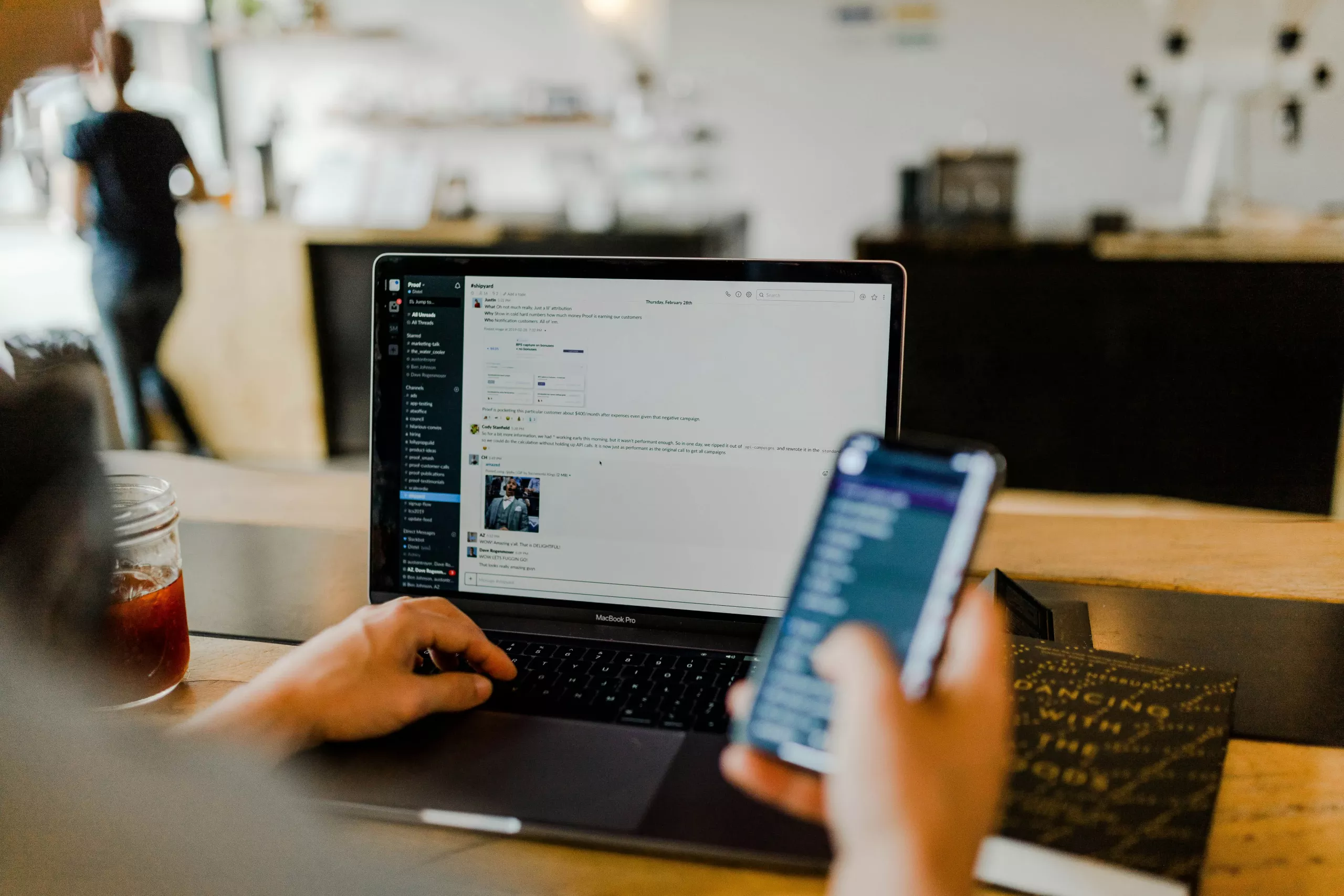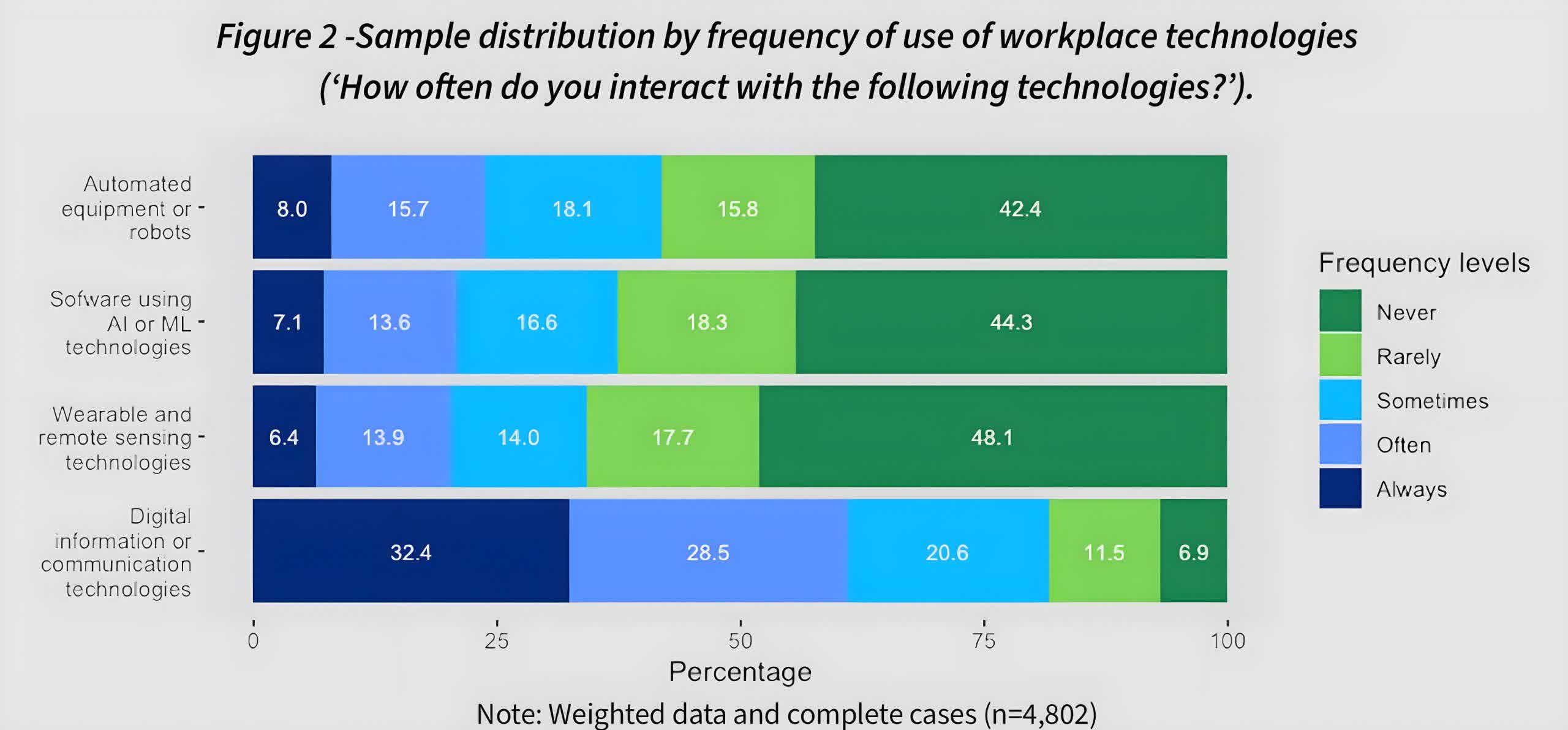A hot potato: Companies love modern workplace technologies such as trackers, cameras, AI, ML, automation, and robotics. They might improve efficiency, increase output, and boost bottom lines, but what effect do they have on the employees who must work alongside them? According to a new study, contemporary tech often has a negative impact on workers' quality of life.

Thinktank The Institute for the Future of Work surveyed more than 6,000 people to discover how four categories of workplace technologies affected their wellbeing.
The study found that increased exposure to three of the categories tended to worsen workers' mental state and health.
The three areas that negatively impact people most are wearable and remote sensing technologies, which covers CCTV cameras and wearable trackers; robotics, consisting of automated machines, self-driving vehicles, and other equipment; and, unsurprisingly, technologies relating to AI and ML, which includes everything from decision management to biometrics.
Only one of the categories was found to be beneficial to employees, and it's one that has been around for decades: ICT tech such as laptops, tablets, phones, and real-time messaging tools.
Companies are in love with generative AI right now, boasting about how it streamlines work and reduces costs. Many claim it will merely augment jobs and not replace them, yet we're seeing a record number of layoffs within the tech industry. In some cases, generative AI is cited as one of the reasons – or the only reason – for the layoffs. A report from last July found that fears over AI and job losses are driving some tech execs to drink and drugs.
It's not just those working in front of computer worried about their livelihoods. Mechanical automation is advancing at a rapid pace. BMW said at the start of the year that it will add humanoid robots to its manufacturing plants, Samsung said it is planning human-fee, fully automated fabs within six years, and Amazon, which has been criticized for its use of trackers and cameras to monitor workers, already has human-like robots working alongside a myriad of other bots in some of its warehouses.
Dr Magdalena Soffia, the study's lead author, told The Guardian that the problem was not necessarily to do with the new technologies themselves, but the way that they are adopted into the workplace.
"We don't want to claim that there is some sort of determinism in what technology causes, in terms of wellbeing," she said. "We say it really depends on the context: on lots of structural factors, on environmental conditions, how it is designed and how it is deployed. So lots of human decisions."
https://www.techspot.com/news/102248-modern-workplace-tech-linked-lower-employee-well-study.html
